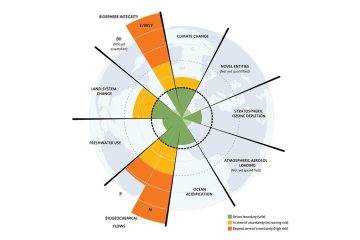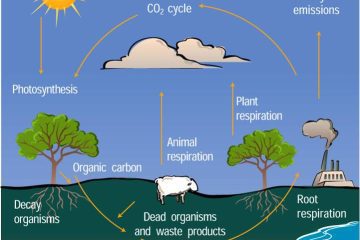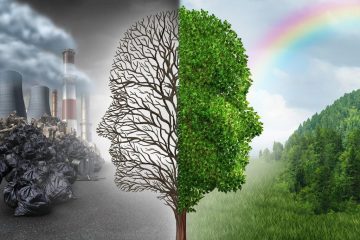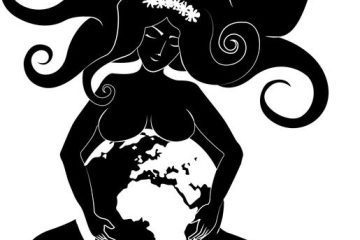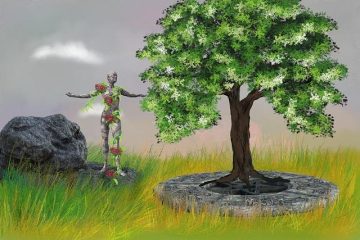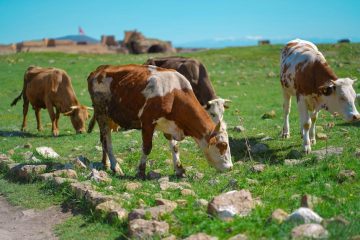Planetary ecology
planetary boundaries ecological footprint
In the delicate balance of our planet, the concept of planetary boundaries serves as a guiding framework. It defines the ecological limits we must respect to ensure Earth’s resilience, challenging us to reconsider our footprints and pursue sustainable living.
